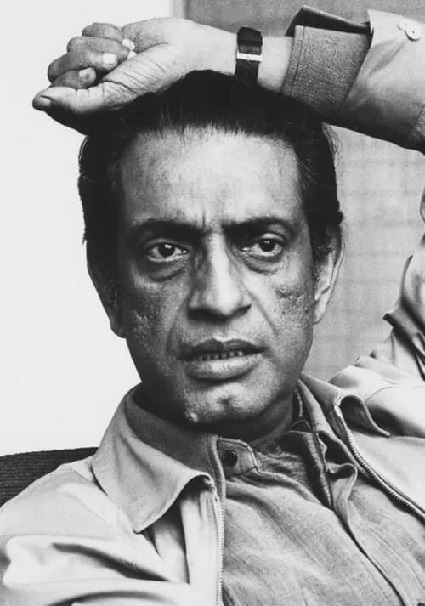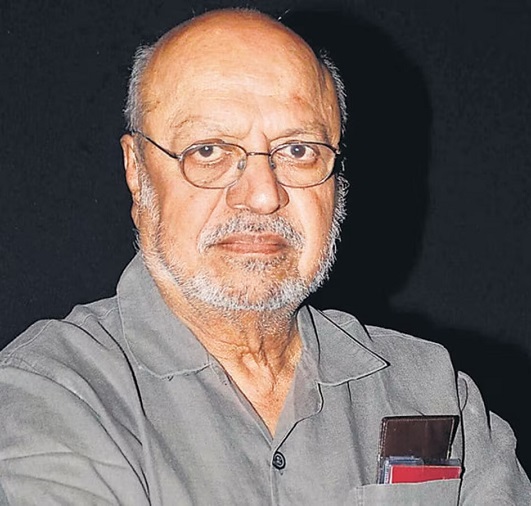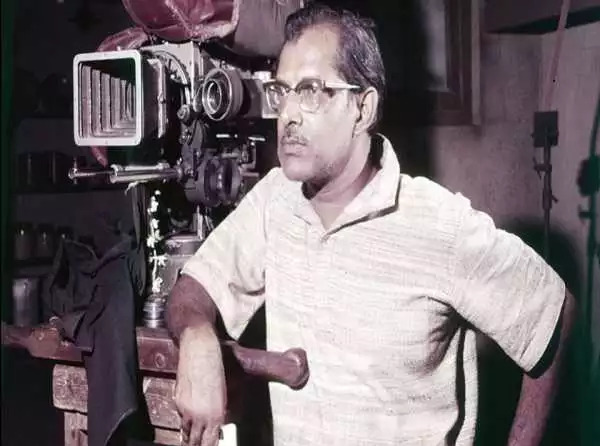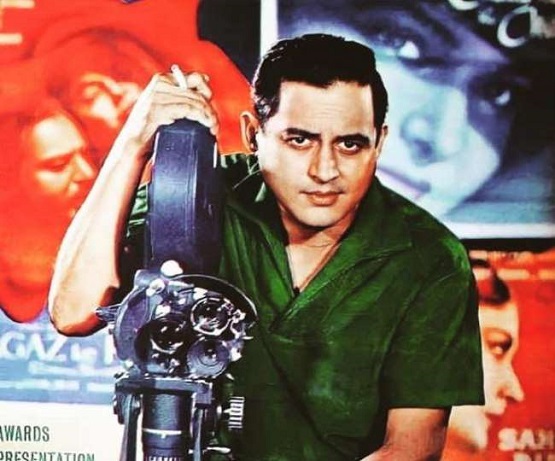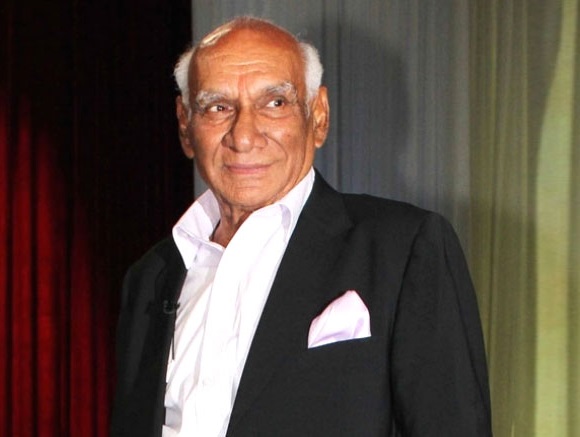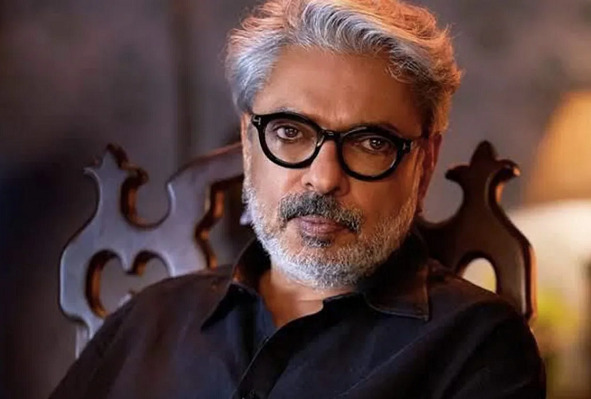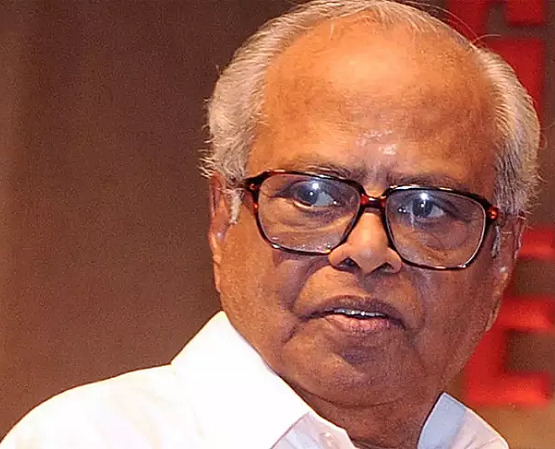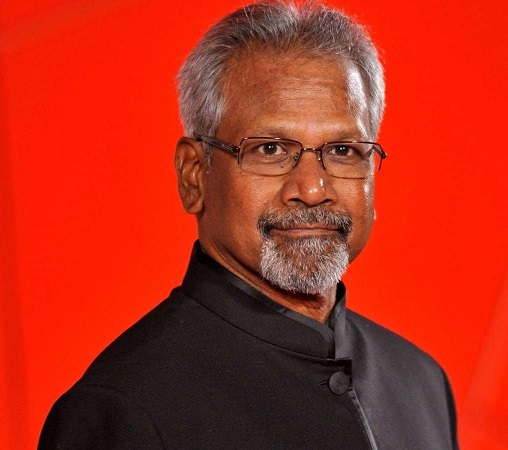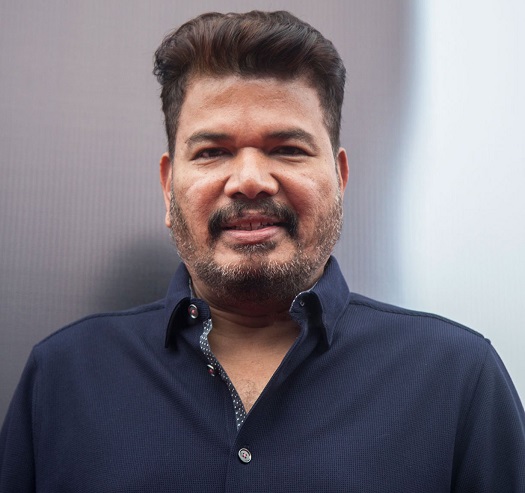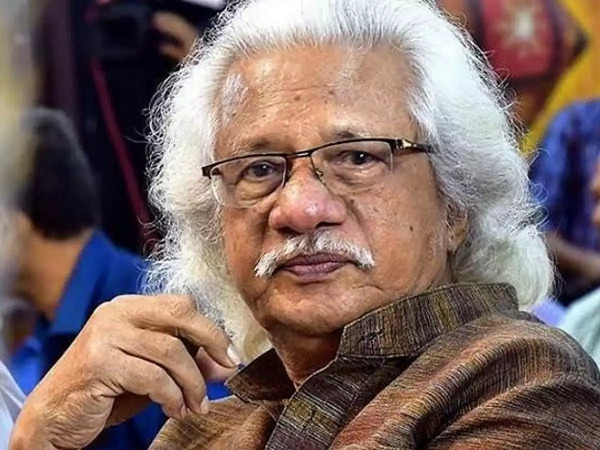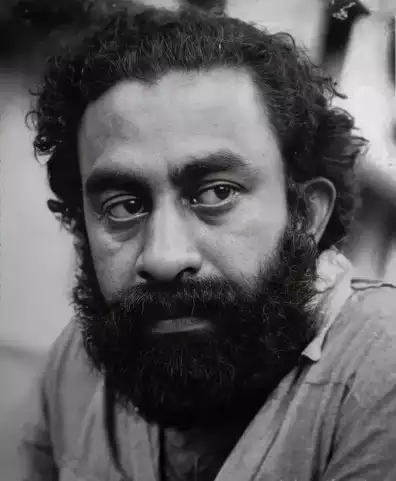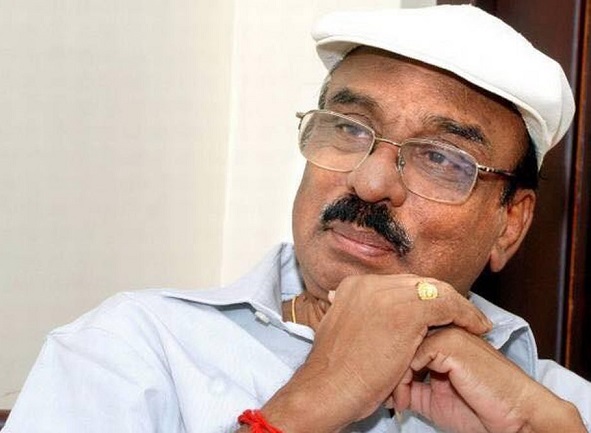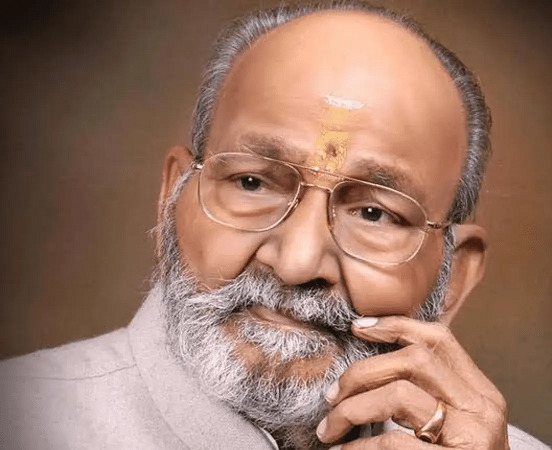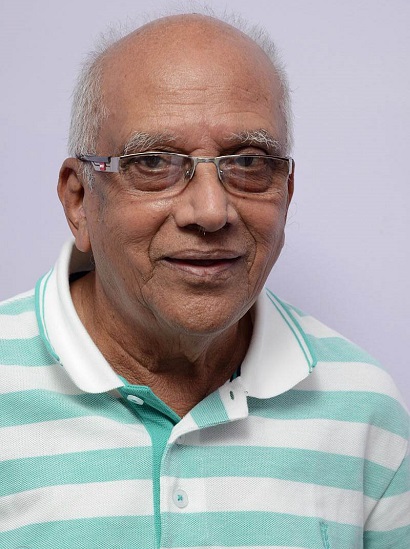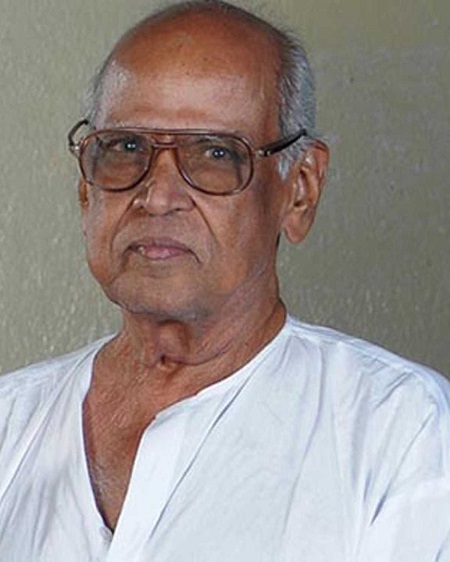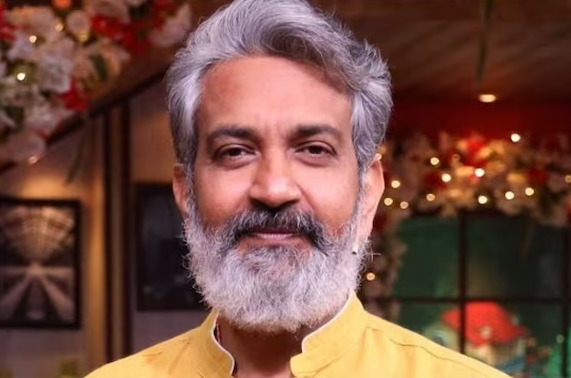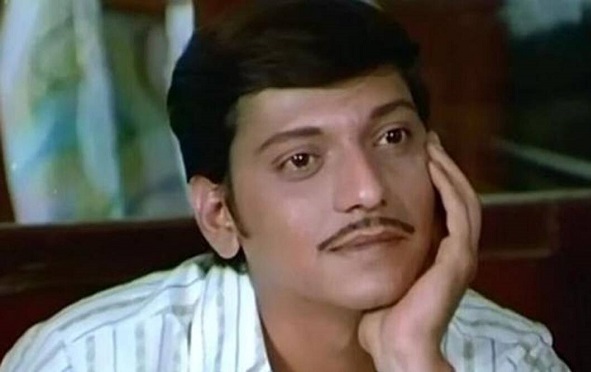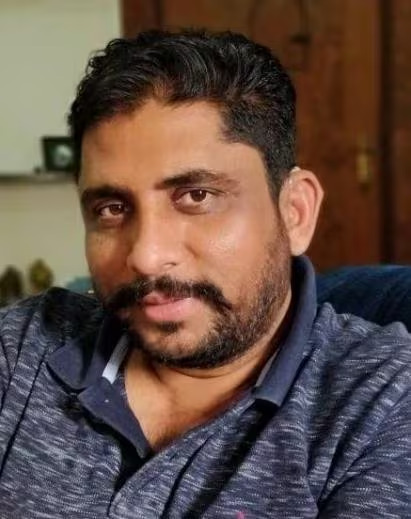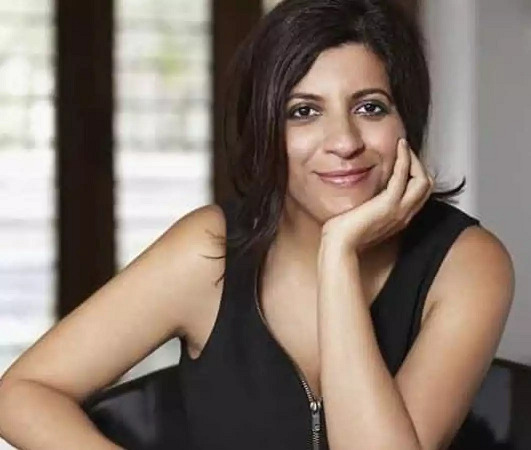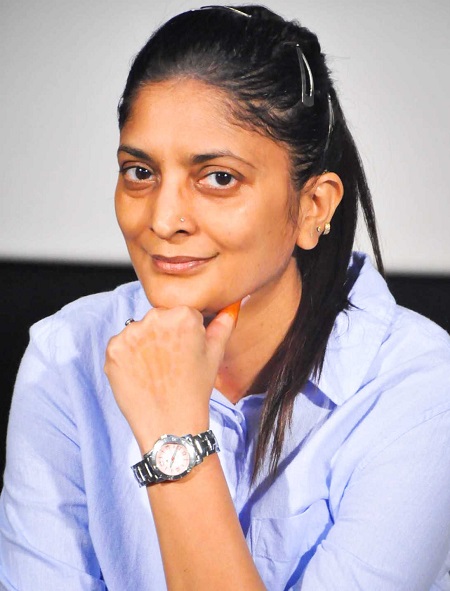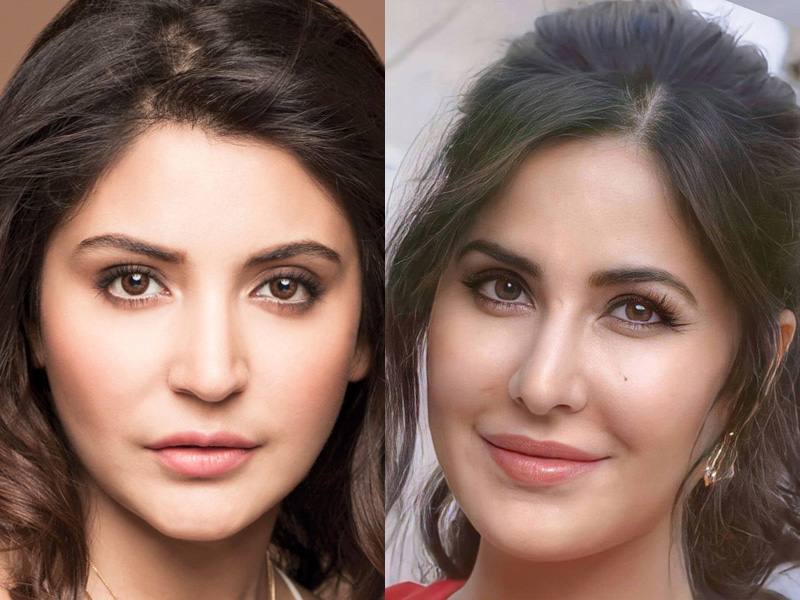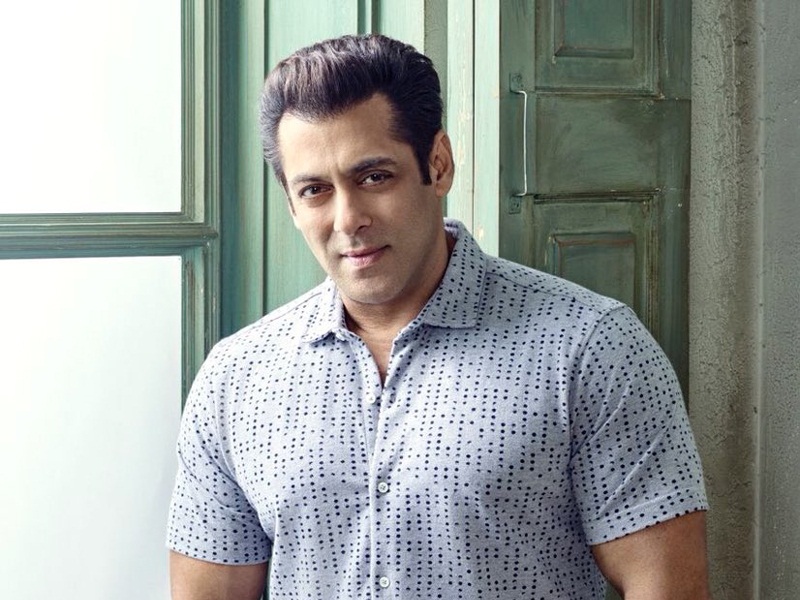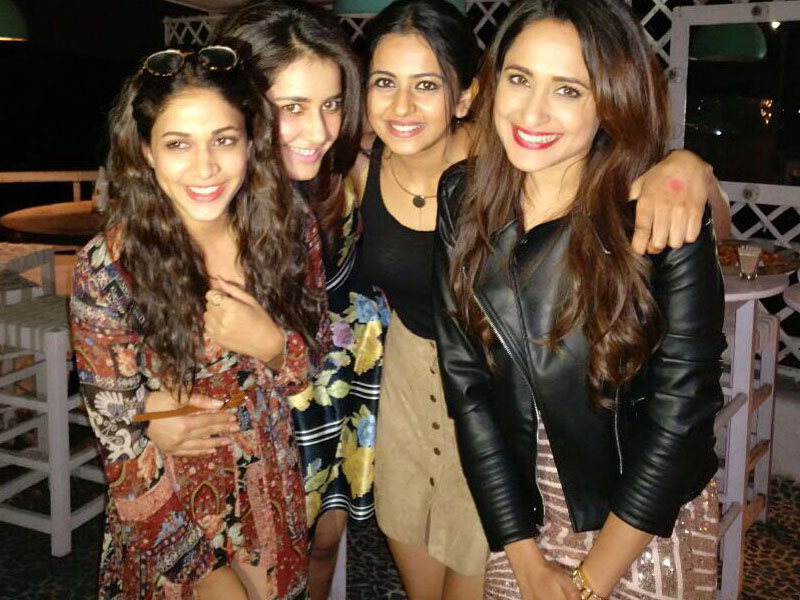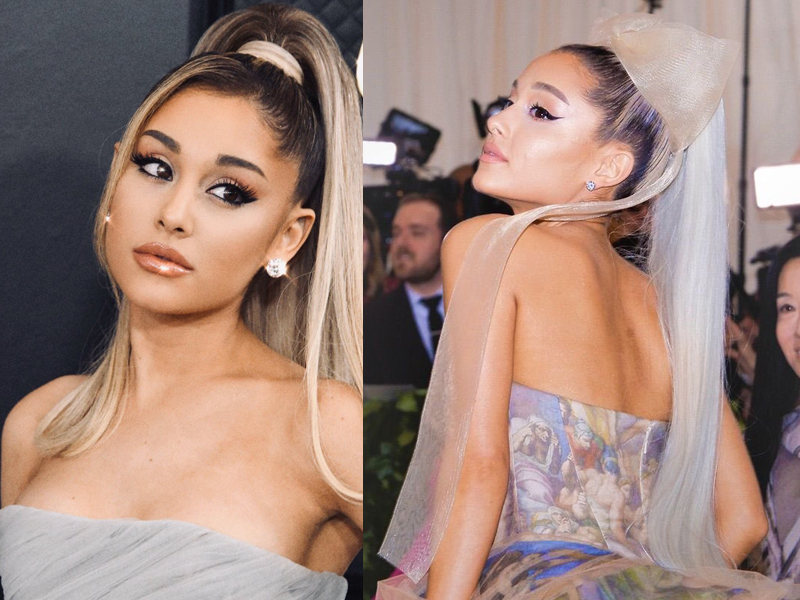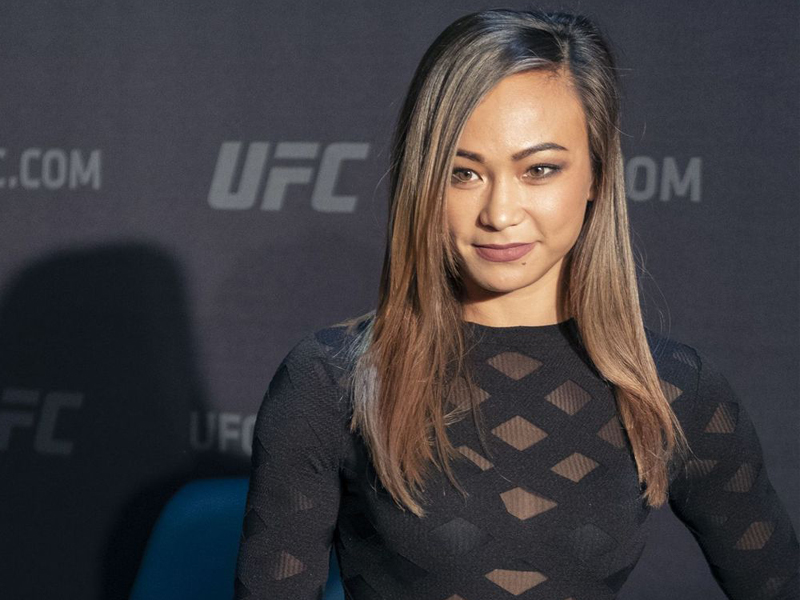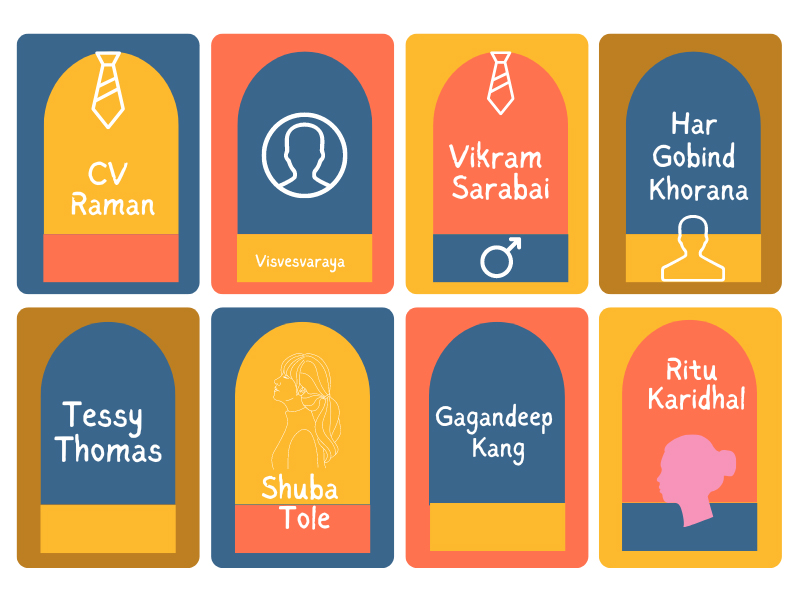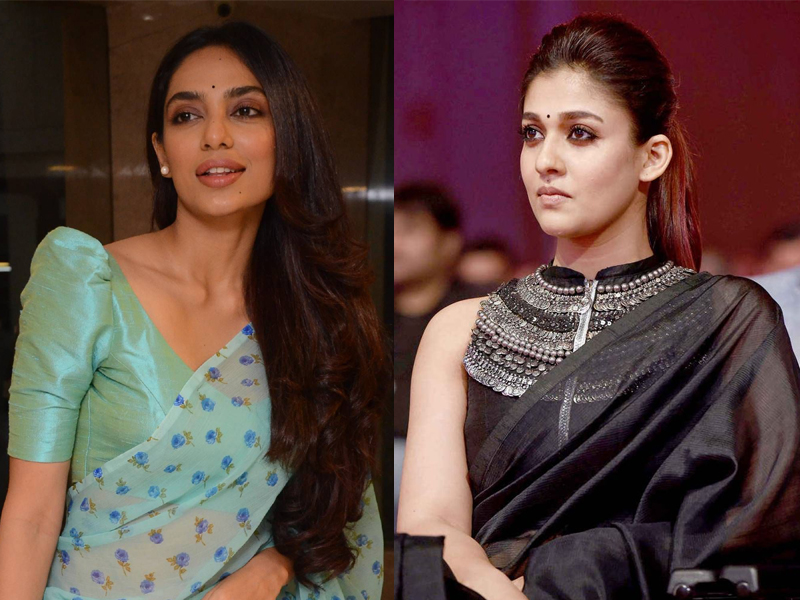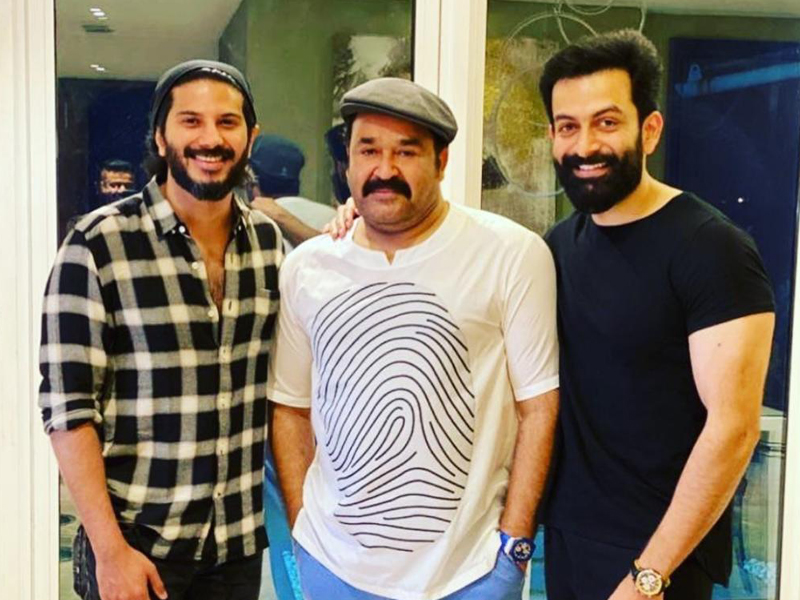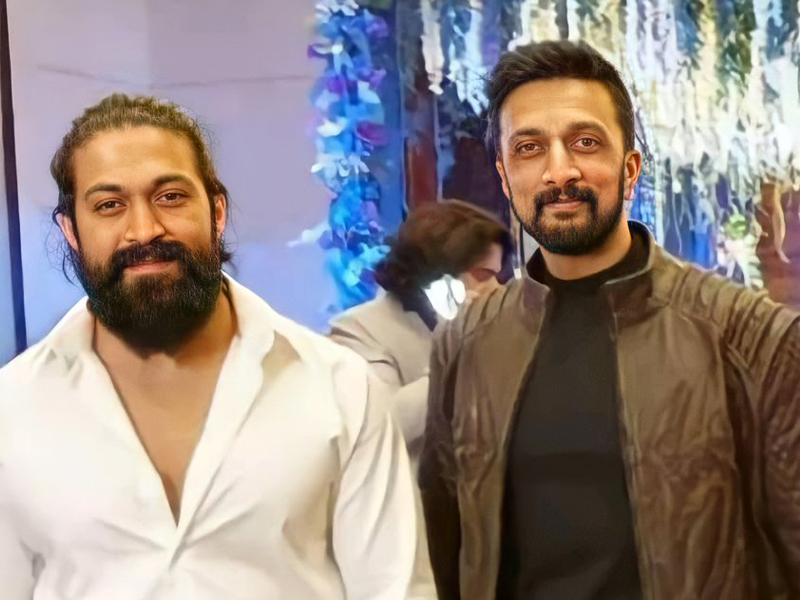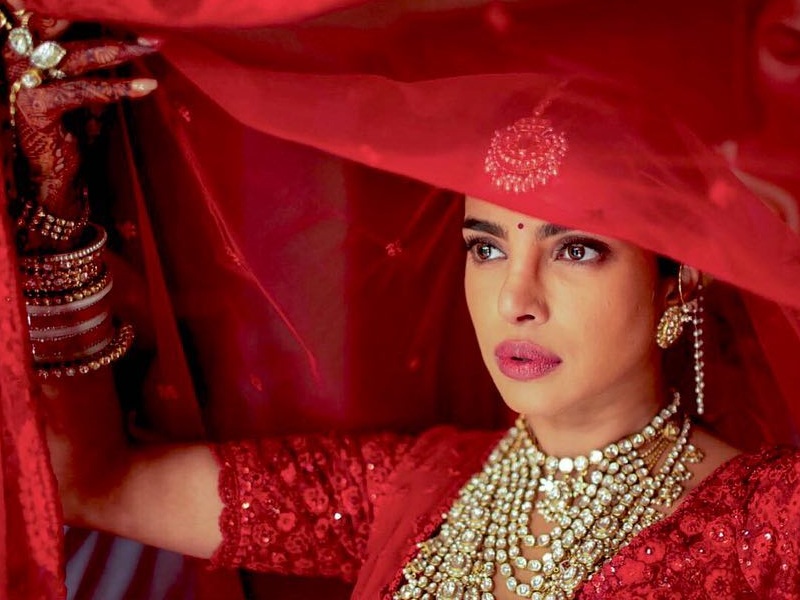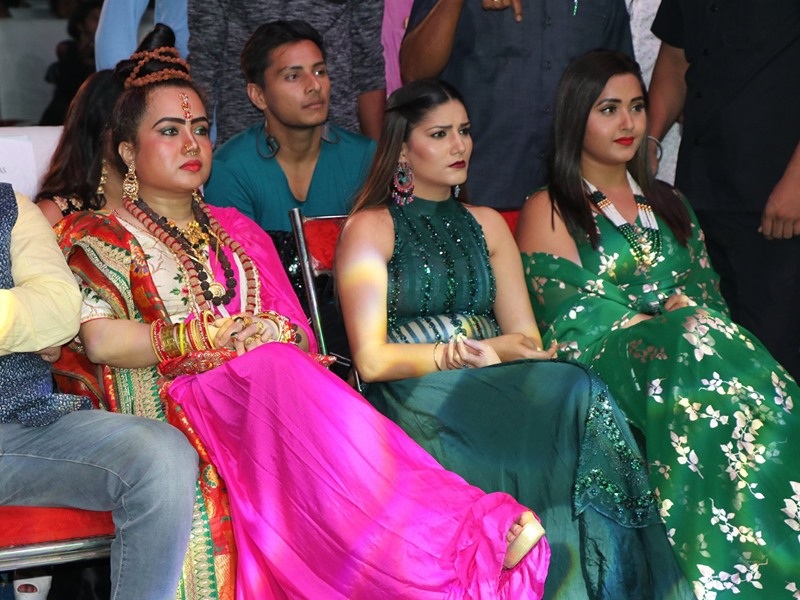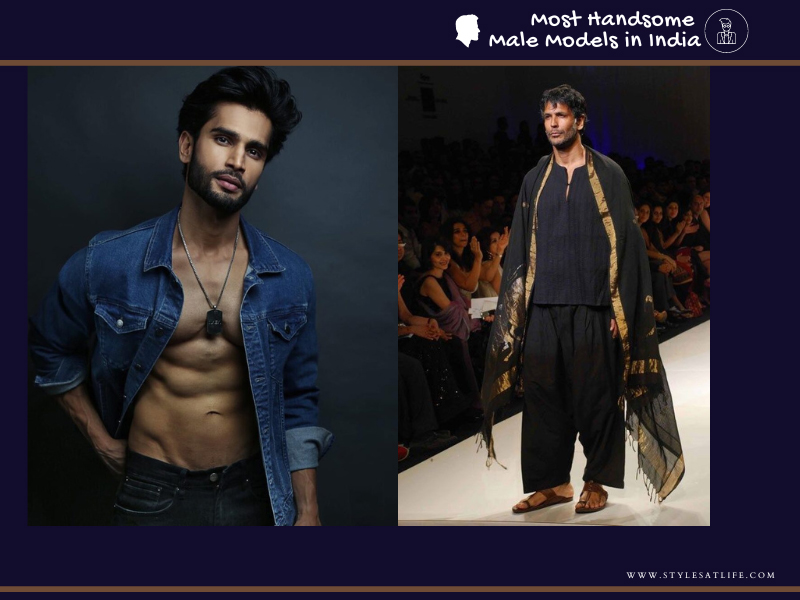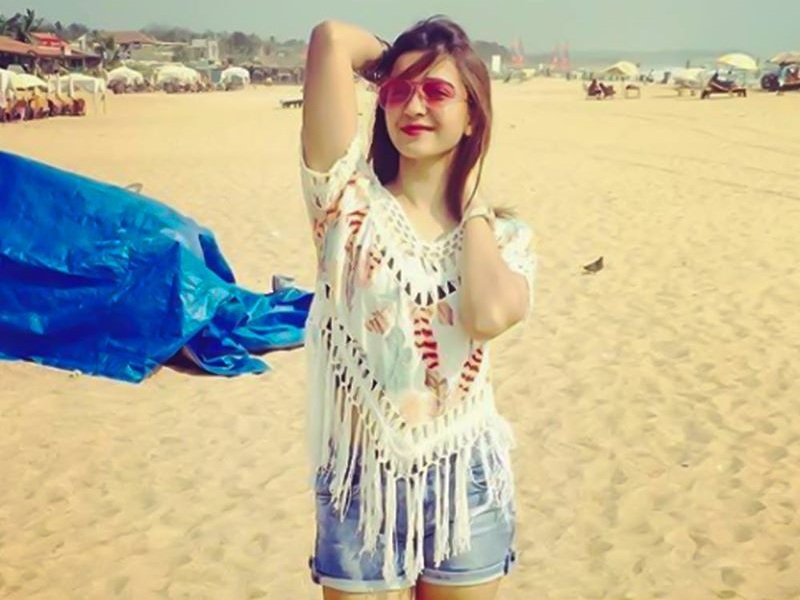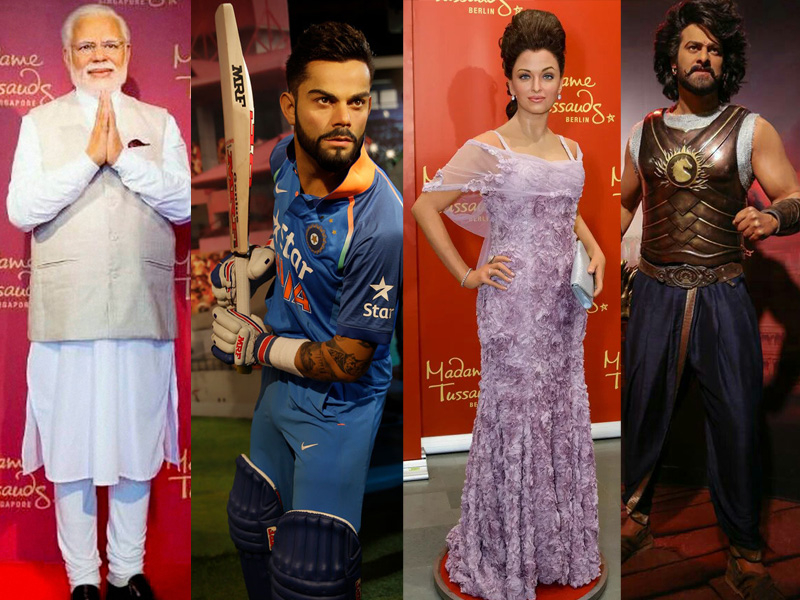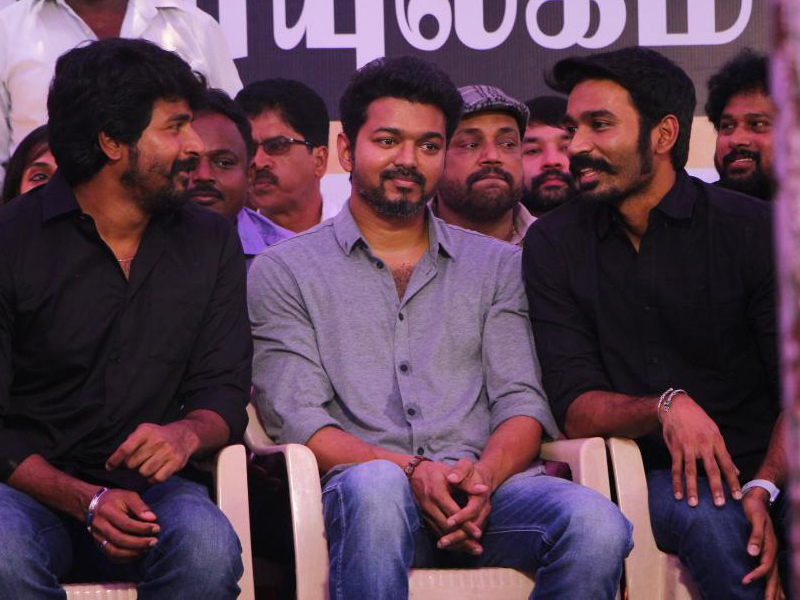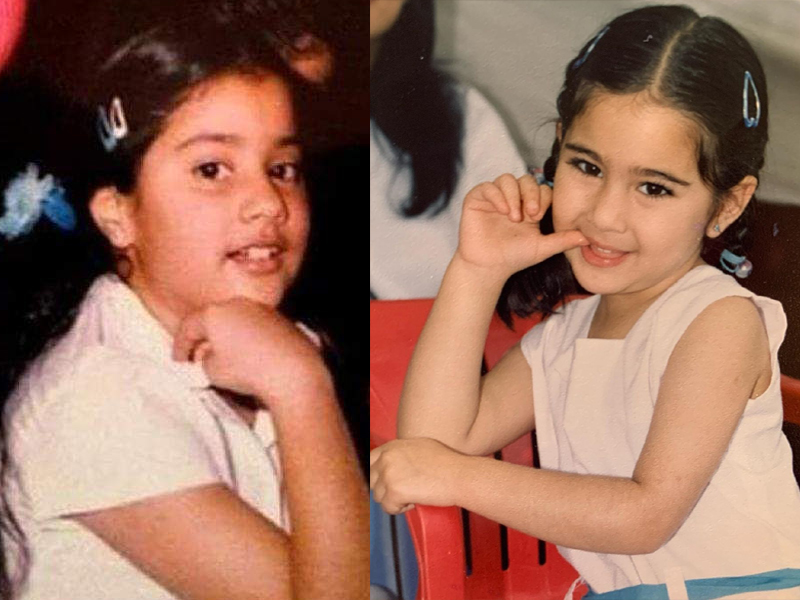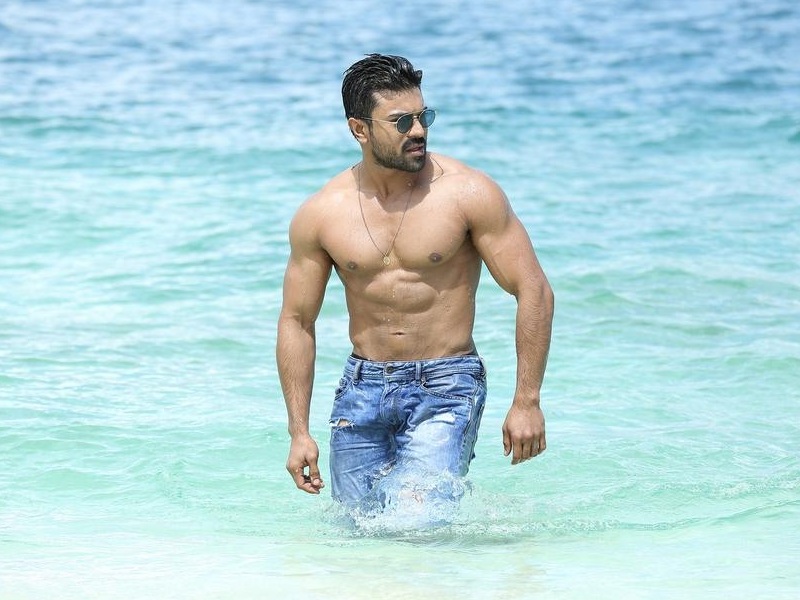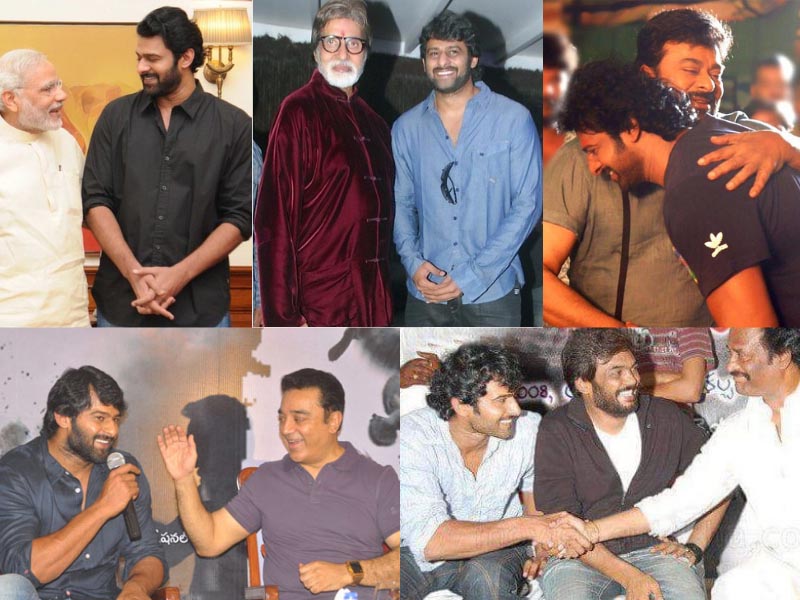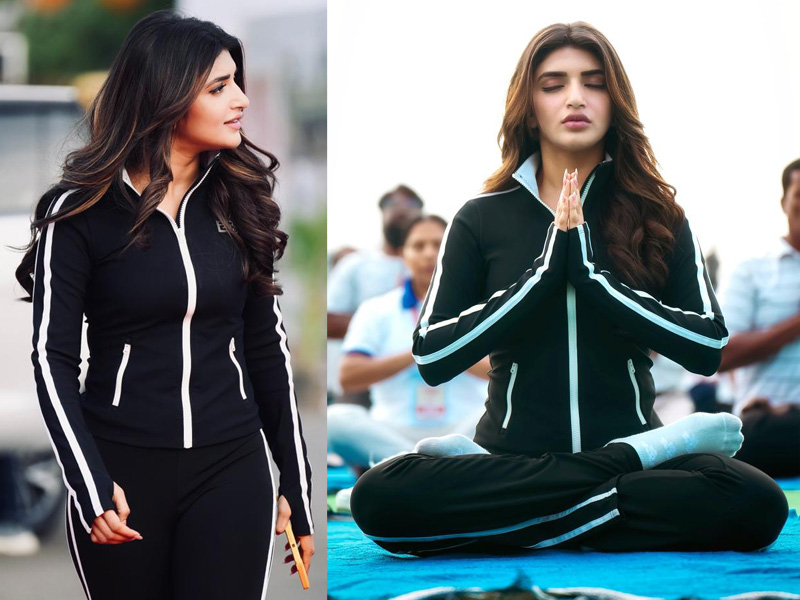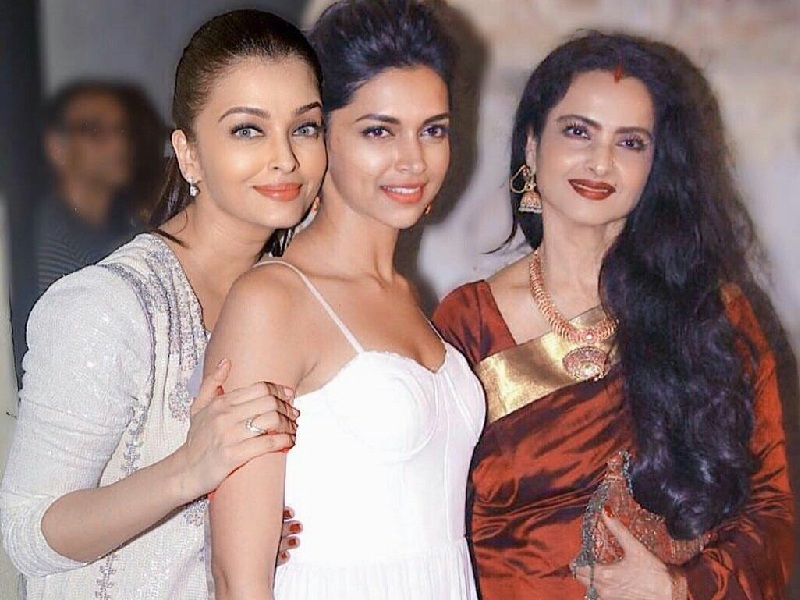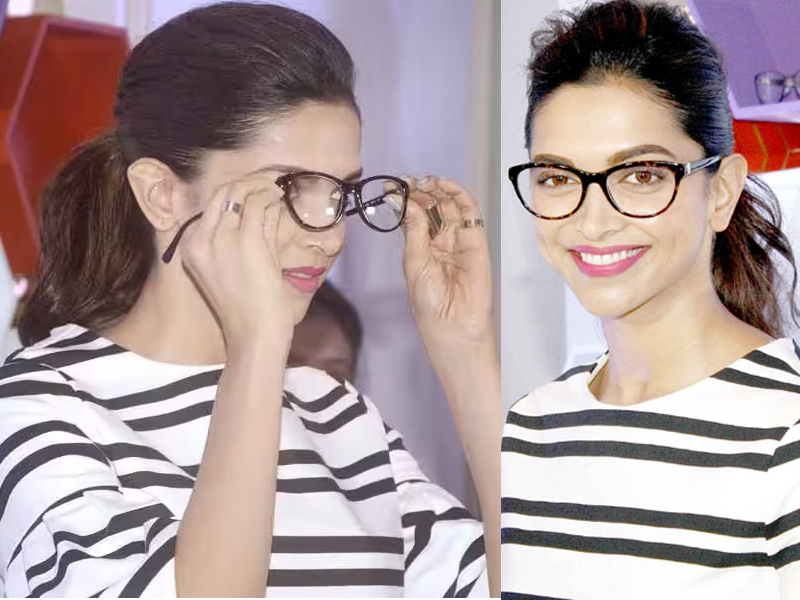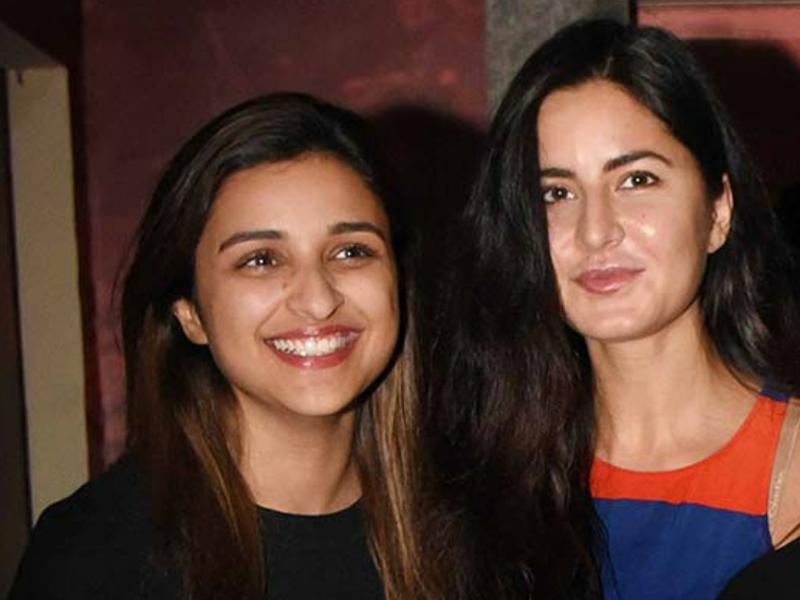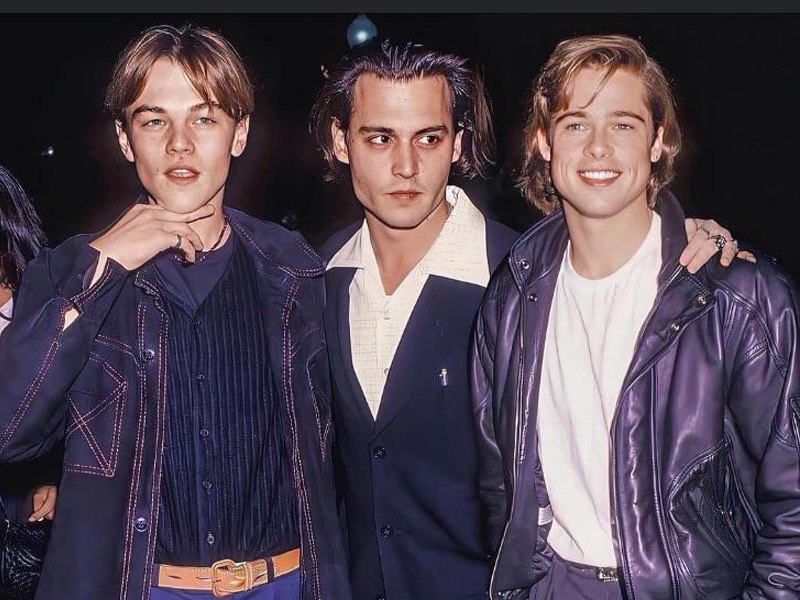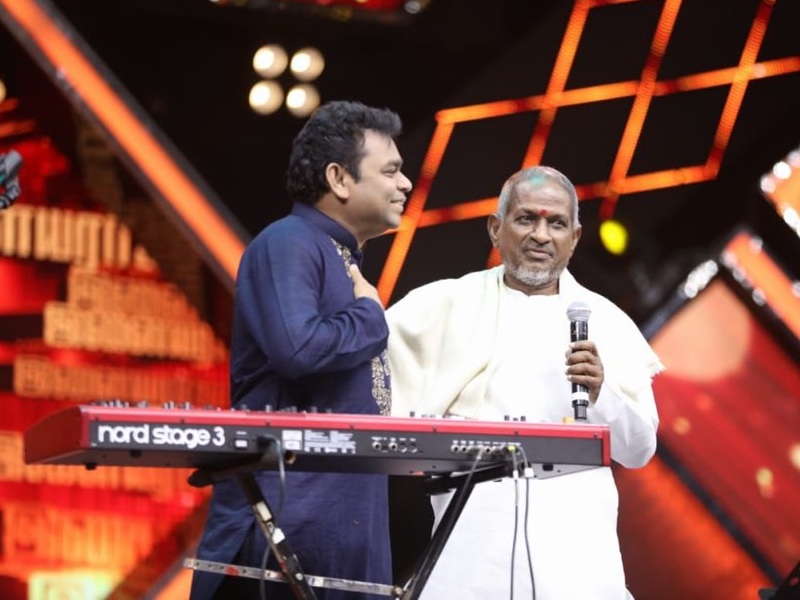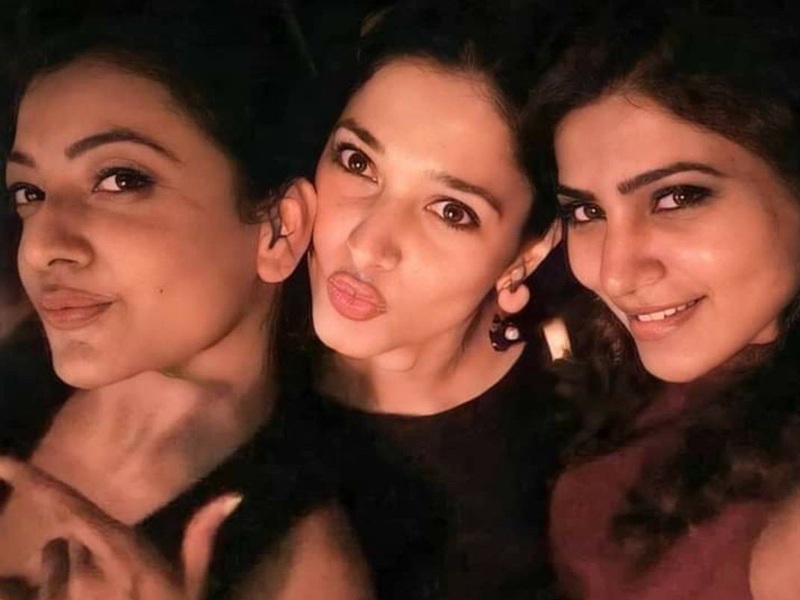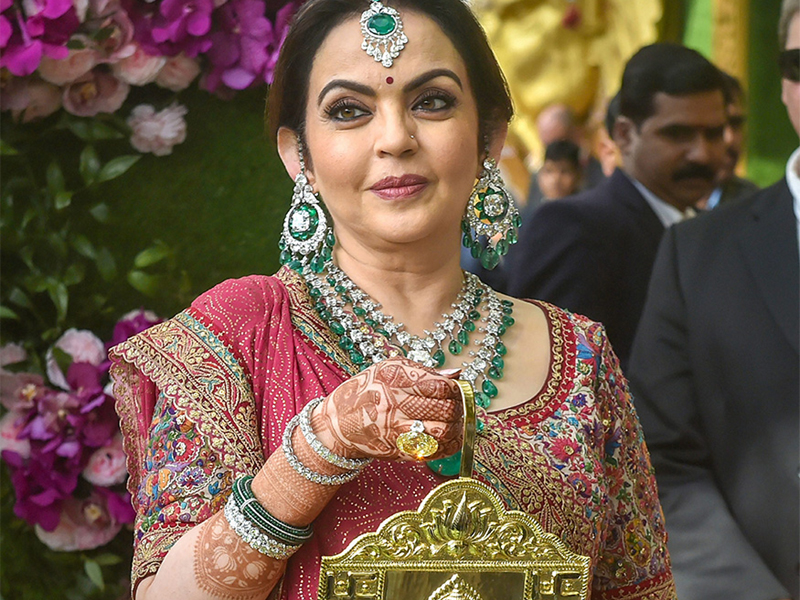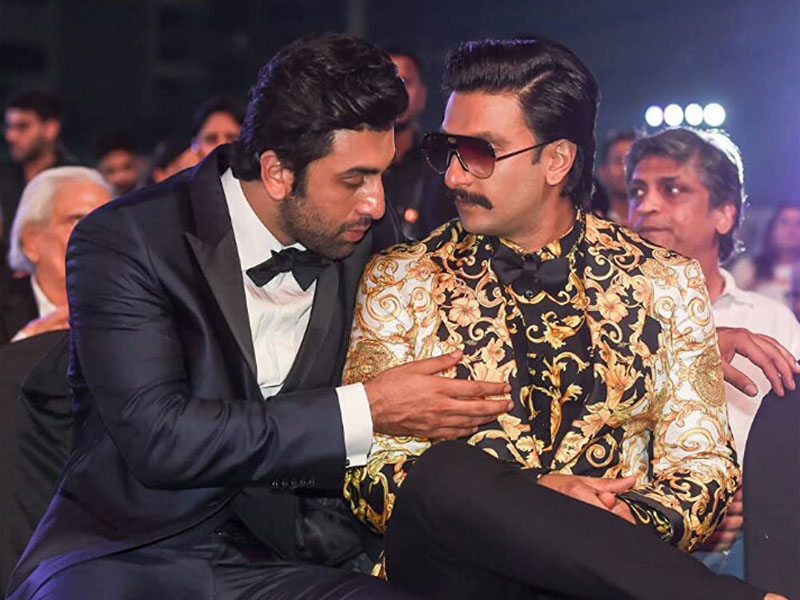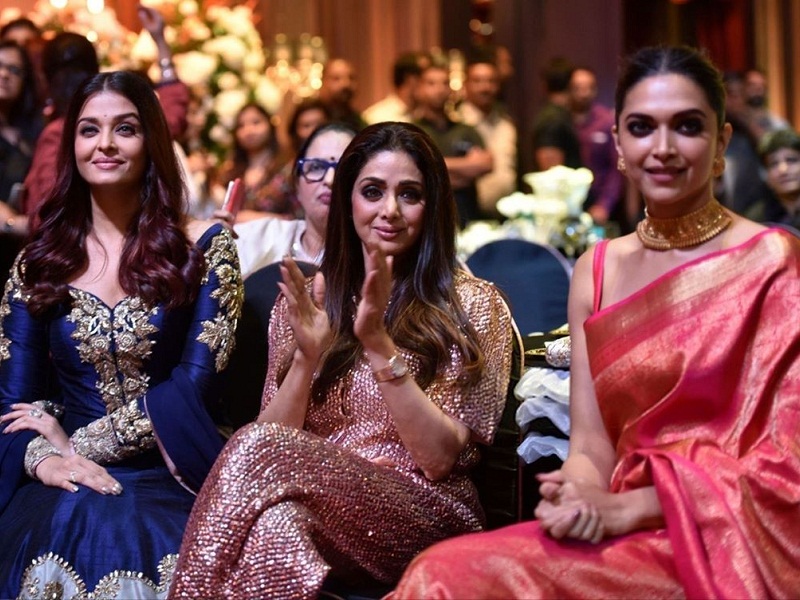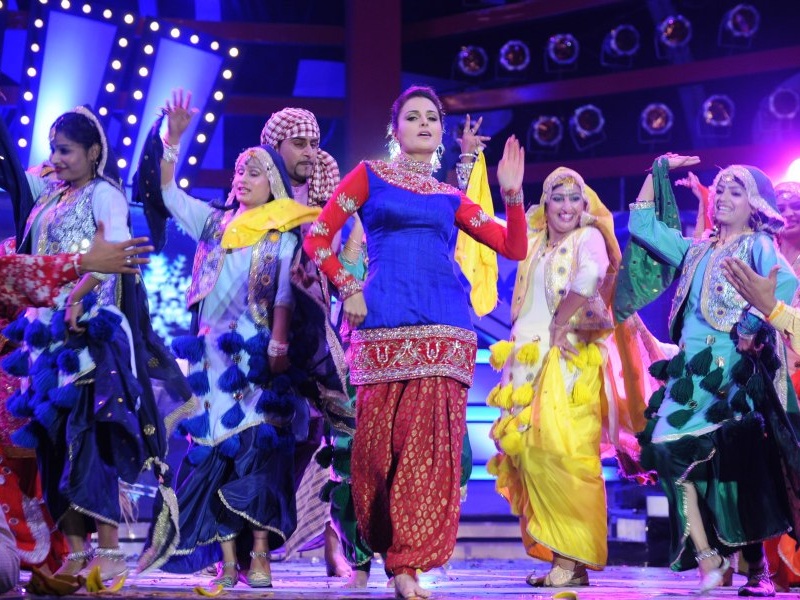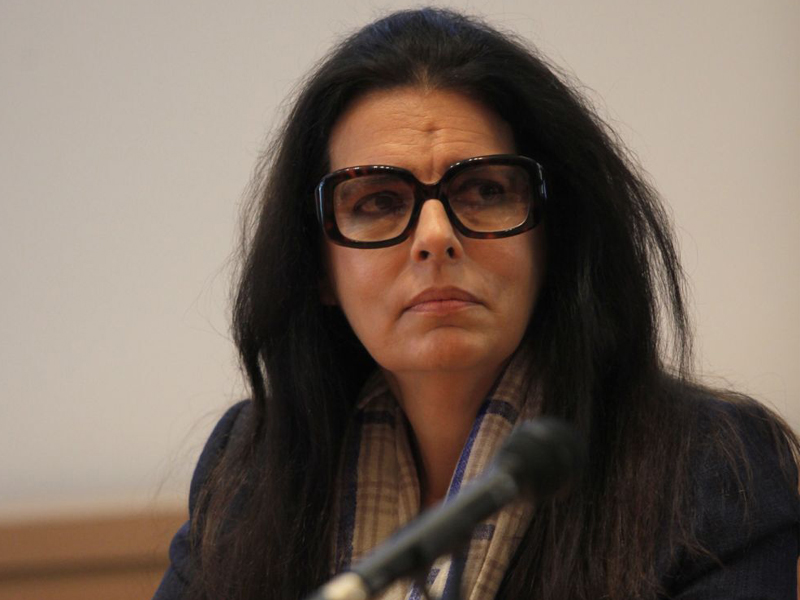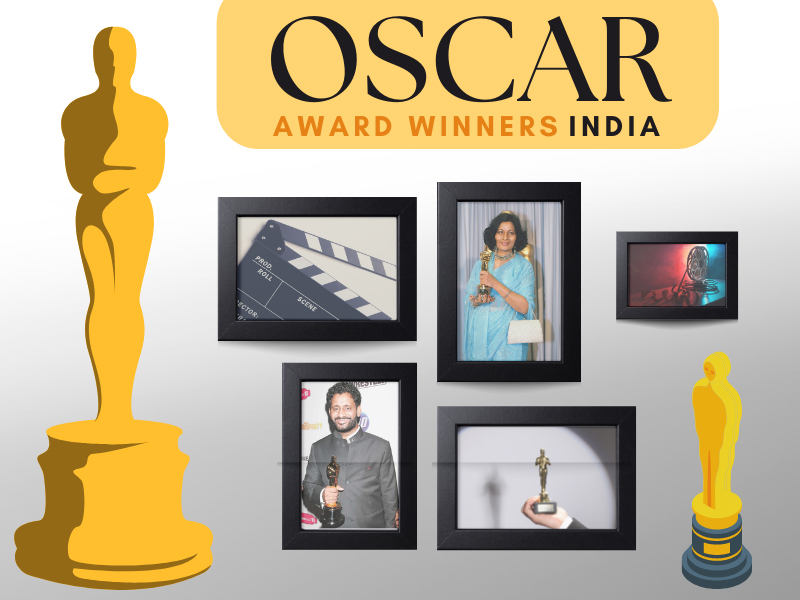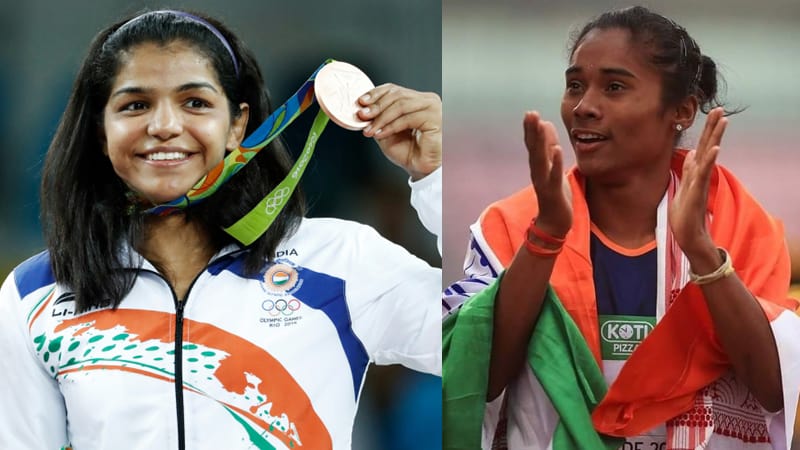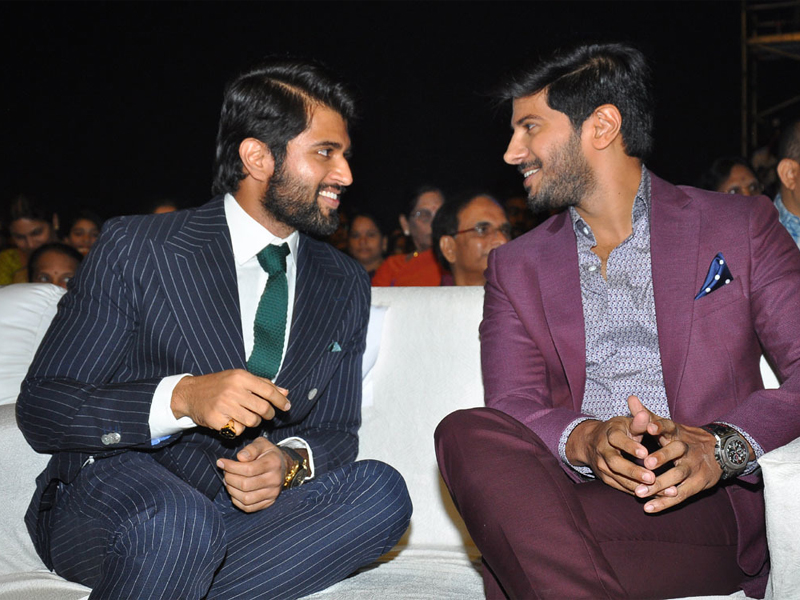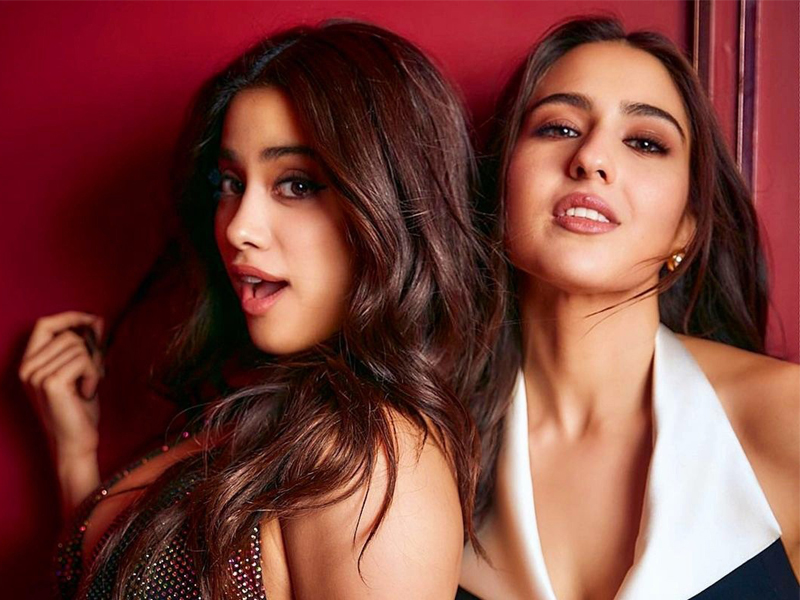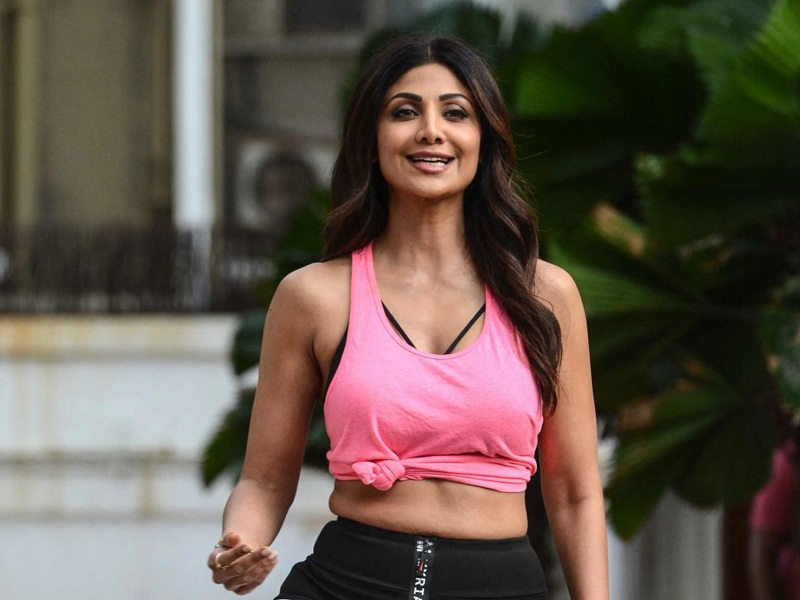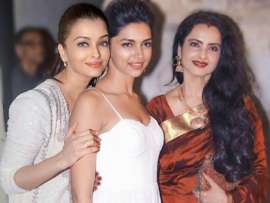Indian cinema isn’t just about entertainment; it’s a cultural force that reaches far beyond the country’s borders. What makes Indian cinema stand out is its remarkable ability to stir emotions, tell heartfelt stories, and transport us to entirely different worlds. But the unsung heroes behind these cinematic marvels are the visionary directors. They shape every frame, breathe life into characters, and turn each scene into an unforgettable memory.
India boasts an array of brilliant directors, from the legendary Satyajit Ray to the likes of Mani Ratnam and today’s sensation, Rajamouli. Their creative genius, storytelling prowess, and knack for capturing the essence of Indian culture in a mere 1.5-hour – 2.5-hour movie play a vital role in elevating Indian cinema to greatness.
So, without further delay, let’s dive into the world of these 20 Top Movie Directors of India who have played a pivotal role in transforming the Indian film landscape.
20 Top Film Directors List of Indian Cinema 2024:
Get to know about these 20 best movie directors of various Indian languages who have made their unique mark in the industry:
1. Satyajit Ray:
Satyajit Ray, a renowned Indian filmmaker, is widely acknowledged as one of the finest directors in the history of cinema. Born in Calcutta (now Kolkata), Ray hailed from a family of writers and intellectuals. After working as an art director and illustrator in a British advertising agency, he made his directorial debut in 1955 with the iconic Apu Trilogy—consisting of “Pather Panchali,” “Aparajito,” and “Apur Sansar.” Ray’s films are cherished for their authentic portrayal of human life. They feature everyday people without any artificiality, expressing genuine emotions like joy, sorrow, anger, and frustration. Ray’s work beautifully captures the essence of ordinary lives in cinematic history.
Key Details about Satyajit Ray:
- Date of Birth: May 2, 1921
- Debut Year: 1955
- Noteworthy Films: Apu Trilogy (1955-1959), Charulata (1964), Devi (1960), Days and Nights in the Forest (1970).
- Awards: Academy Award (Oscar) in 1992, National Awards, Padma Vibhushan (1976), Bharat Ratna (1992) and many more.
2. Shyam Benegal:
Shyam Benegal, often regarded as a key figure in India’s “Parallel Cinema,” is a prominent director in Indian cinema. He was born in Hyderabad and initially worked in advertising before venturing into filmmaking. His debut film, “Ankur” (1973), featuring Shabana Azmi and Anant Nag, made a significant impact on Indian cinema.
Benegal’s films, such as “Nishant,” “Manthan,” and “Bhumika,” played a crucial role in the development of Parallel cinema in India, a movement that focuses on realistic and socially relevant storytelling. His movies are known for their purposeful narratives and strong character portrayals that address important social and political issues.
Key Details about Shyam Benegal:
- Date of Birth: December 14, 1934
- Debut Year: 1973
- Noteworthy Films: Ankur (1973), Nishant (1975), Manthan (1976) and Bhumika (1977).
- Awards: National Awards, Dadasaheb Phalke Award.
3. Hrishikesh Mukherjee:
Hrishikesh Mukherjee, celebrated as one of India’s greatest filmmakers, is renowned for his cinematic masterpieces like “Anand”, “Gol Maal”, and “Chupke Chupke”. Born in Calcutta, Mukherjee initially started his film career as a cameraman and editor, where he honed his filmmaking skills.
Although his directorial debut, “Musafir” (1957), didn’t fare well, it didn’t deter Mukherjee. He bounced back with “Anari” in 1959, which not only became a box office hit but also won five Filmfare Awards. This success paved the way for a string of superhit films like “Namak Haram” (1973), “Alaap” (1977), “Khubsoorat” (1980), and more.
Mukherjee’s films are known for their simplicity, featuring relatable, everyday characters filled with humour and wit. He has a knack for creating films that resonate with the common person making him a favourite for many.
Key Details about Hrishikesh Mukherjee:
- Date of Birth: September 30, 1922
- Debut Year: 1957
- Noteworthy Films: Anand (1971), Gol Maal (1979), Chupke Chupke (1975), Namak Haraam (1973).
- Awards: Dada Saheb Phalke Award (1999), NTR National Award (2001), National Awards and Filmfare Awards.
4. Guru Dutt:
Guru Dutt is an iconic Indian filmmaker who has made outstanding contributions to Indian cinema. Born as Vasanth Kumar Shivashankar Padukone in Bangalore, Dutt started his film journey with aspirations of becoming an actor. However, he had to settle for minor roles which made him move to the behind-the-screen side of the cinema.
Dutt made his directorial debut with the film “Baazi” in 1951, starring Dev Anand. The thriller genre became an instant blockbuster, which made the duo collaborate for another venture “Jaal” (1852), which too became a success. His movies have a melancholic tone which may have come due to the rejections and disappointments he faced in life.
Along with master storytelling abilities, Dutt is known for his closeup shots of the characters which allow the audience to deeply connect with the characters, and lighting effects that make every frame a visual delight. Unfortunately, the creative genius met a tragic death at 39 due to a sleeping pill overdose, which ended his short but illustrious directorial career.
Key Details about Guru Dutt:
- Date of Birth: July 9, 1925
- Debut Year: 1951
- Noteworthy Films: Pyaasa (1957), Kaagaz Ke Phool (1959).
- Awards: Though not honoured with awards during his lifetime, Dutt was later recognized for his significant contributions. In 2004, the Government of India paid tribute to him by issuing a postage stamp in his memory.
See More: Best Indian Music Directors
5. Yash Chopra:
Yash Chopra is a legendary Indian film director and producer who is fondly called the “King of Romance” for his string of romantic blockbusters. Born in Lahore (now Pakistan), Chopra began his film journey with his elder brother, B.R. Chopra, a renowned filmmaker. He made his directorial debut with Dhool Ka Phool (1959) which was well-received by the critics. Encouraged by this success, Chopra went on to make another successful film Dharmputra (1961). Fast forward to the 90’s, Yash Chopra was one of the most successful directors of this era.
Yash Chopra directed many superhit actors like Shahrukh Khan, Kajol, Juhi Chawla, Madhuri Dixit etc. It’s no exaggeration to say that no one can capture on-screen romance like the way Yash Chopra does. His movies with rich visuals, foreign backdrops, melodious music and deeply touchingstories that instantly connect with the audience Movies such as “Dil to Pagal Hai” (1997) and “Veer-Zaara” (2004) are still considered some of the finest love stories in contemporary cinema.
Key Details about Yash Chopra:
- Date of Birth: July 27, 1932
- Debut Year: 1959
- Noteworthy Films: Waqt (1965), Kabhi Kabhie (1976), Silsila (1981), Dil to Pagal Hai (1997).
- Awards: Several National Awards, Filmfare Awards, Dada Saheb Phalke Award (2001), Padma Bhushan (2005).
6. Sanjay Leela Bhansali:
Sanjay Leela Bhansali isn’t just a successful film director; he’s a versatile filmmaker who excels in every department of the craft. Born in Mumbai, Bhansali embarked on his filmmaking journey as an assistant to Vidhu Vinod Chopra. He made his directorial debut with “Khamoshi: The Musical” in 1996.
What sets Bhansali apart are his larger-than-life settings that he breathes life into through his grand visions. He has an obsession for detail and maximalism which is evident in the exquisite costumes, grandiose sets, and epic storytelling. Bhansali is known for historical and dramatic themes featured in movies like “Hum Dil De Chuke Sanam,” “Bajirao Mastani,” “Ram Leela,” “Gangubai Kathiawadi,” and more. He will always be remembered for crafting extraordinary cinematic experiences for his audience and transporting them into a magical world.
Key Details about Sanjay Leela Bhansali:
- Date of Birth: February 24, 1963
- Debut Year: 1996
- Noteworthy Films: Hum Dil De Chuke Sanam (1999), Devdas (2002), Goliyon Ki Raasleela Ram-Leela (2013), Bajirao Mastani (2015) Padmaavat (2018), Gangubhai Kathiawadi (2022).
- Awards: Several National Awards, Filmfare Awards, Padmashri (2005).
7. K. Balachander:
Kailasam Balachandar is one of India’s prolific directors known for introducing the who’s who of South Indian cinema like Rajinikanth and Kamal Haasan to the industry. Born in Tamil Nadu, Balachandar always had a passion for movies and he was drawn to the theatre and drama by the age of 12. He made his directorial debut with the film Neerkumuzhi (1965) which marked the start of his illustrious career.
Balachander was a visionary, consistently choosing themes that were far ahead of his time and often deemed scandalous by the standards of his generation. His films, including “Apoorva Raagangal” (1975), “Maro Charithra” (1978), and “Ek Duje Ke Liye” (1981), were characterized by their bold, unconventional take on social issues. Many of his works showcased strong female characters, a remarkable feat in an industry often driven by conventional formulas. With a career spanning over five decades and over 100 films to his name, K. Balachander is a true legend of Indian cinema.
Key Details about K. Balachander:
- Date of Birth: July 9, 1930
- Debut Year: 1965
- Noteworthy Films: Apoorva Raagangal (1975), Maro Charithra (1978), Ek Duuje Ke Liye (1981), Avargal (1977), Thillu Mullu (1981).
- Awards: Padmashri (1980), Kalaimamani (1973), Arignar Annai Award (1992), Several Filmfare awards, Nandi Awards and National Awards.
8. Mani Ratnam:
Mani Ratnam is a master storyteller, a creative visionary, and one of the most exceptional filmmakers in the history of Indian cinema. Born in Madurai, Mani Ratnam comes from a family closely associated with the movie industry. Surprisingly, despite this background, he was not allowed to watch films during his childhood, as they were considered a “waste of time.” However, destiny had other plans, guiding him into the very industry he was kept from.
In 1986, he received his breakthrough with “Mouna Ragam,” a film that featured the brilliant music of Ilayaraja. Subsequently, his cinematic journey was studded with blockbusters like “Geetanjali” (1989), “Thalapathi” (1991), “Roja” (1992), “Bombay” (1995), and more. Mani Ratnam is celebrated for his ability to weave intricate themes into innovative storytelling that strikes a chord with audiences. His true mastery lies in his skill to harness the talents of his actors and technicians, elevating his artistic visions to new heights.
Key Details about Mani Ratnam:
- Date of Birth: July 2, 1956
- Debut Year: 1983
- Noteworthy Films: Roja (1992), Bombay (1995), Dil Se (1998), Nayakan (1987), Guru (2007).
- Awards: Padmashri (2002), Kalaimamani (1973), Several Filmfare awards, and National Awards.
See More: Top Singers In India
9. Shankar:
Shankar Shanmugam is regarded as one of India’s “big directors” for two reasons- his impressive track record and his larger-than-life movies. Born in Kumbakonam, Tamil Nadu, Shankar began his cinematic journey as a screenwriter before transitioning to directing. His debut film, “Gentleman” in 1996, was a major hit.
Shankar is known for his bold approach to filmmaking, shifting from safe formulas and conservative budgets to unconventional themes and big-budget productions. His films are known for their grandeur, remarkable visuals, and super-high budgets. With movies like “Indian” (1996), “Mudhalvan” (1999), “Anniyan” (2005), “Robot” (2010), and “2.0” (2018) Shankar introduced cutting-edge technology and impressive visual effects without sacrificing storytelling.
Shankar’s films often convey powerful social messages and thought-provoking themes, presented innovatively. He has significantly influenced the boundaries of filmmaking and remains a visionary director who has left a lasting impact on the Indian film industry.
Key Details about Shankar:
- Date of Birth: August 7, 1963
- Debut Year: 1996
- Noteworthy Films: Indian (1996), Mudhalvan (1999), Anniyan (2005), Robot (2010), 2.0 (2018).
- Awards: Several state Film Awards, Filmfare Awards, National Film Awards.
10. Adoor Gopalakrishnan:
Adoor Gopalakrishnan is an eminent film director and a trailblazer in shaping the landscape of Malayalam cinema. Hailing from Kerala, Gopalakrishnan left his government job to pursue a course in screenwriting and direction. His directorial journey commenced in 1972 with “Swayamvaram,” a Malayalam film that not only garnered numerous awards but also earned international recognition.
Subsequently, he continued to craft other acclaimed Malayalam films like “Kodiyettam” (1978), “Elippathayam” (1982), “Mathilukal” (1990), and “Nizhalkuthu” (2002), which resonated with both audiences and critics alike. Adoor Gopalakrishnan is renowned for his realistic storytelling and issue-driven approach. His films possess a minimalistic aesthetic with simple settings, yet they harbour intricate narratives. They often come concluding with open endings that invite viewers to think more about the characters. Gopalakrishnan’s contribution to cinema is invaluable and he remains to be one of the greatest directors of the Indian film industry.
Key Details about Adoor Gopalakrishnan:
- Date of Birth: July 3, 1941
- Debut Year: 1972
- Noteworthy Films: Elippathayam (1982), Mathilukal (1990), Nizhalkuthu (2002), Kodiyettam (1978).
- Awards: Several state Film Awards, Filmfare Awards, National Film Awards, Biswaratna Dr Bhupen Hazarika International Solidarity Award (2015), Kerala Sahitya Academy Award (2013) and many more.
11. P. Padmarajan:
P. Padmarajan, widely known as one of the great directors of Malayalam cinema, was born in Kerala. He initially worked at All India Radio before entering the film industry. Before becoming a director, Padmarajan authored numerous Malayalam novels covering a wide spectrum of themes, ranging from violence and mystery to romance, sexual jealousy, and the lives of the underprivileged.
After a successful stint as a scriptwriter for several Malayalam films, he made his directorial debut with “Peruvazhiyambalam” in 1979, and laid the foundation for a new wave in Malayalam cinema. Padmarajan had a unique knack for creating films that were accessible to a wide audience, characterized by their creativity, originality, and thematic depth, establishing him as a revered figure in the world of Malayalam cinema.
Key Details about P. Padmarajan:
- Date of Birth: May 23, 1945
- Debut Year: 1979
- Noteworthy Films: Namukku Parkkan Munthiri Thoppukal (1986), Thoovanathumbikal (1987), Moonnam Pakkam (1988).
- Awards: Filmfare Award for Best Director in Malayalam (1988).
12. I.V. Sasi:
I. V. Sasi is a superstar director in Malayalam cinema who carved a unique niche with his movies. Born in Kozhikode, Kerala, Sasi initially worked as an art director and later served as an assistant director for many films. His directorial journey began with “Ulsavam” in 1975, which made him an overnight sensation.
Over a career spanning 34 years, Sasi directed a remarkable 170 films, the majority of which were either commercial blockbusters or achieved classic status. He played a pivotal role in elevating talents like Mohanlal and Mamooty to stardom. Sasi’s films covered a wide range of themes, including bold and unconventional subjects. He also redefined the typical hero image, presenting strong, unconventional, and raw characters.
Sasi’s dynamic storytelling, swift camera work, and innovative lighting techniques ushered in a fresh cinematic era, breaking free from established norms. Even today, Sasi’s movies are cherished by his audience and next-gen filmmakers alike.
Key Details about I.V.Sasi:
- Date of Birth: May 28, 1948
- Debut Year: 1975
- Noteworthy Films: Ulsavam (1975), Avalude Ravukal (1978), Itha Ivide Vaare (1977), Eetta (1978).
- Awards: National Film Award (1982), Several State Awards and Filmfare Awards.
13. K. Viswanath:
Kasinadhuni Viswanath is one of the most respected film directors in the Telugu film industry. Born in Repalle, Andhra Pradesh, Viswanath’s cinematic journey began as a sound recordist in Madras and later as an assistant director. He made his directorial debut with “Aatma Gouravam” (1965) which won a National Award.
Viswanath is known for making many women-centric films like “Sarada” (1973) and “O Seetha Katha” (1974), which were a bold shift from the commercial films of that era. In 1980, he directed the blockbuster “Shankarabharanam”, which changed the course of the Telugu cinema. This was followed by a string of cult classics like “Sagara Sangamam” (1983), “Swathi Muthyam” (1986), “Siri Vennela” (1986), and more.
Viswanath has a unique ability to blend commercial elements with artistic storytelling that resonates with people from different walks of life. Emphasis is given to music, emotions, expressions, and dialogues. His nickname, “Kalatapasvi” or Sage of Arts, reflects his versatile talents and contributions to the film industry.
Key Details about Viswanath:
- Date of Birth: Feb 19, 1930
- Debut Year: 1965
- Noteworthy Films: Shankarabharanam (1980), Sagara Sangamam (1983), Swathi Muthyam (1986).
- Awards: Several National and Filmfare Awards, Padma Shri (1992), Dada Saheb Phalke Award (2016).
14. Singeetam Srinivasa Rao:
Singeetam Srinivasa Rao is a renowned South Indian movie director celebrated for his groundbreaking and experimental films. Hailing from Andhra Pradesh, Singeetam comes from a musical background, and he started on his cinematic journey as a music composer. In 1972, he took his first step as a director with the film “Neethi Nijayathi.” While this offbeat creation didn’t find commercial success, it garnered critical acclaim.
Singeetam revolutionized the movie industry by introducing experimental films like “Apoorva Sagodharargal” (1989) and “Michael Madana Kama Raju” (1990). These films were a unique blend of action and comedy, becoming blockbuster hits. “Aditya 369” (1991) is a super hit sci-fi movie that continues to captivate the interest of today’s audience.
Notably, Singeetam’s “Pushpaka Vimana” (1987) stands out as a black comedy film that unfolds without a single dialogue throughout the entire movie. This film was widely appreciated for its creativity and the boldness it showcased in creating a distinctly different yet commercially successful movie. Singeetam Srinivasa Rao will be remembered as an inspiration to directors willing to tread the less-travelled path and for his gift of presenting audiences with creative and unconventional cinematic experiences.
Key Details about Singeetam Srinivasa Rao:
- Date of Birth: September 21, 1931
- Debut Year: 1972
- Noteworthy Films: Apoorva Sagodharargal (1989), Michael Madana Kama Raju (1990), Aditya 369 (1991), Pushpaka Vimana (1987).
- Awards: Several National and Filmfare Awards.
15. Bapu:
While the name Sattiraju Lakshminarayana might not ring a bell, the name “Bapu” certainly will. Bapu, the well-known South Indian movie director, artist, cartoonist, and screenwriter, was born in Narsapuram, Andhra Pradesh. Before he stepped into the world of cinema, Bapu worked as a political cartoonist for Andhra Patrika. In 1967, he tried his hand at directing with the Telugu film “Sakshi,” which, even though it didn’t do well at the box office, earned international recognition.
Bapu was known for his artistic touch, which showed in how his movies looked. He used classical music, dance, and beautiful set designs to bring his artistic vision to life on the big screen. His films like “Muthyala Muggu” (1975), “Sita Kalyanam” (1976), and “Pelli Pustakam” (1991) paid tribute to classical arts and timeless love stories, all beautifully presented for the audience. Bapu loved to experiment and wasn’t afraid to break the rules, allowing his creativity to shine. Just like Bapu’s paintings, his movies are a class of their own- unique and irreplaceable.
Key Details about Singeetam Srinivasa Rao:
- Date of Birth: December 15, 1933
- Debut Year: 1967
- Noteworthy Films: Muthyala Muggu (1975), Sita Kalyanam (1976), Pelli Pustakam (1991).
- Awards: Padmashri (2013), Multiple National Awards, Filmfare and Nandi Awards.
16. Rajamouli:
When it comes to naming the top director in India, there’s no doubt that S.S. Rajamouli takes the crown. Rajamouli is a visionary filmmaker who primarily works in Telugu cinema and has made a significant impact on the global stage. Born into a Telugu family in Karnataka, Rajamouli’s passion for storytelling began at a young age. He had a knack for taking stories from his parents and books and retelling them to his friends in an engaging way.
With his father and brother involved in the film industry, Rajamouli found his calling. He made his directorial debut in 2001 with the successful “Student No. 1,” followed by the hit “Simhadri” in 2003. What’s remarkable is that Rajamouli has had a string of successes without a single flop.
Rajamouli broke all his previous records with the fantasy action film “Magadheera” in 2009. With the superhit “Baahubali” series and the recent global sensation “RRR”, Rajamouli has garnered international recognition, a rare feat for a South Indian director to achieve. What sets Rajamouli apart is his meticulous attention to detail, technical brilliance, ability to create grandeur, and innovative storytelling. He’s dedicated to delivering exceptional cinematic experiences for his audience, making him one of the greatest directors in the Indian film industry.
Key Details aboutS.S. Rajamouli:
- Date of Birth: October 10, 1973
- Debut Year: 2001
- Noteworthy Films: Eega (2012), Baahubali: The Beginning (2015), Baahubali: The Conclusion (2017), RRR (2022).
- Awards: Multiple National Awards, Filmfare and Nandi Awards, Many international honours, and special recognitions.
17. Amol Palekar:
Amol Palekar is a prominent figure in the Marathi film industry, renowned for his multifaceted roles as an actor, director, and producer. Hailing from Mumbai, Palekar initially pursued a career as a painter and a bank clerk before venturing into the world of cinema. His directorial journey began in 1981 with the Marathi film “Aakreit.”
Subsequently, Palekar directed several films in Marathi, Hindi, Bengali, Kannada, and even Malayalam, earning him national recognition. As a director, Palekar possesses a unique talent for crafting stories that resonate with the common man. His films are built around relatable experiences, making them delightful to watch for audiences.
Palekar’s thematic focus often revolves around intricate human relationships and societal issues, sprinkled with subtle humour. His storytelling strikes a chord with viewers, making his movies a treat to watch.
Key Details about Amol Palekar:
- Date of Birth: November 24, 1944
- Debut Year: 1971
- Noteworthy Films: Gharonda (1977), Chhoti Si Baat (1976), Rajanigandha (1974).
- Awards: Multiple National Awards and Filmfare Awards.
18. Simerjit Singh:
Simerjit Singh is a successful director primarily working in the Punjabi film industry. Born in Moga, Punjab, Simerjit followed his passion for movies to Mumbai. He began his career as an assistant director and made his directorial debut in 2010 with the Punjabi film “Chak Jawana.” While the film didn’t perform exceptionally well, Simerjit remained undeterred.
In 2013, he directed “Daddy Cool Munde Fool,” which achieved huge success, ranking as the fifth highest-grossing Punjabi film in its opening week. It was in 2015 that Simerjit gained significant fame with the hit movie “Angrez.”
Simerjit specializes in creating films that resonate with today’s audience, providing enjoyable movie experiences that captivate viewers. His ability to craft contemporary stories has established him as a notable director in the Punjabi film industry.
Key Details about Simerjit Singh:
- Date of Birth: December 6, 1973
- Debut Year: 2010
- Noteworthy Films: Daddy Cool Munde Fool (2013), Angrez (2015).
- Awards: PTC Punjabi Film Award for Best Director in 2016.
19. Zoya Akhtar:
Zoya Akhtar is a contemporary Indian director who has broken stereotypes in the film industry.As the daughter of the renowned poet and lyricist, Javed Akhtar, and the granddaughter of Urdu poet Muztar Khairabadi, Zoya has a rich creative lineage. She made her directorial debut with the critically acclaimed “Luck by Chance” in 2009, even though it didn’t set the box office on fire.
However, in 2011, Zoya achieved widespread recognition with the blockbuster “Zindagi Na Milegi Dobara,” a film that not only catapulted her to fame but also earned her the prestigious Filmfare Award for Best Director. She continued her winning streak with “Gully Boy,” which clinched her a second Filmfare Award, making her the only female director to achieve this distinction.
In addition to her work in films, Zoya has directed several OTT shows, including “Made in Heaven,” “Ghost Stories,” and the Netflix adaptation of “Archie.” What sets Zoya apart is her ability to cater to the contemporary audience. Her films are relatable, offering insightful perspectives on self-discovery and personal growth. With her witty dialogues, relatable experiences, and engaging narratives, Zoya resonates with her audience like no other.
Key Details about Zoya Akhtar:
- Date of Birth: October 14, 1972
- Debut Year: 2009
- Noteworthy Films: Zindagi Na Milegi Dobara, Gully Boy.
- Awards: Filmfare Awards
20. Sudha Kongara:
Sudha Kongara is a highly regarded Indian director known for her impactful films in the Telugu and Tamil industry. Born in Vijayawada but raised in Chennai, Sudha began her filmmaking journey after working as a screenwriter. She made her directorial debut in 2010 with the Tamil film “Drohi.”
One of her notable achievements is “Irudhi Suttru,” a film centred around women’s boxing, appreciated for its realistic portrayal and strong character development. Her second masterpiece “Soorarai Pottru,” featuring Surya, garnered international recognition and solidified her status as a top Indian director.
Sudha possesses a unique talent for crafting narratives that deeply resonate with audiences. She develops strong and inspirational characters that connect on emotional and intellectual levels.
Key Details about Sudha Kongara:
- Date of Birth: March 29, 1971
- Debut Year: 2010
- Noteworthy Films: Irudhi Suttru and Soorarai Pottru.
- Awards: Filmfare and National Awards.
We hope you enjoyed learning about these 20 Indian film directors who’ve brought us unforgettable movie moments. Their dedication to filmmaking, inventive storytelling, and portrayal of Indian culture have truly enriched the film industry. These directors serve as a source of inspiration, ensuring that the magic of Indian cinema continues to captivate audiences for generations to come.


